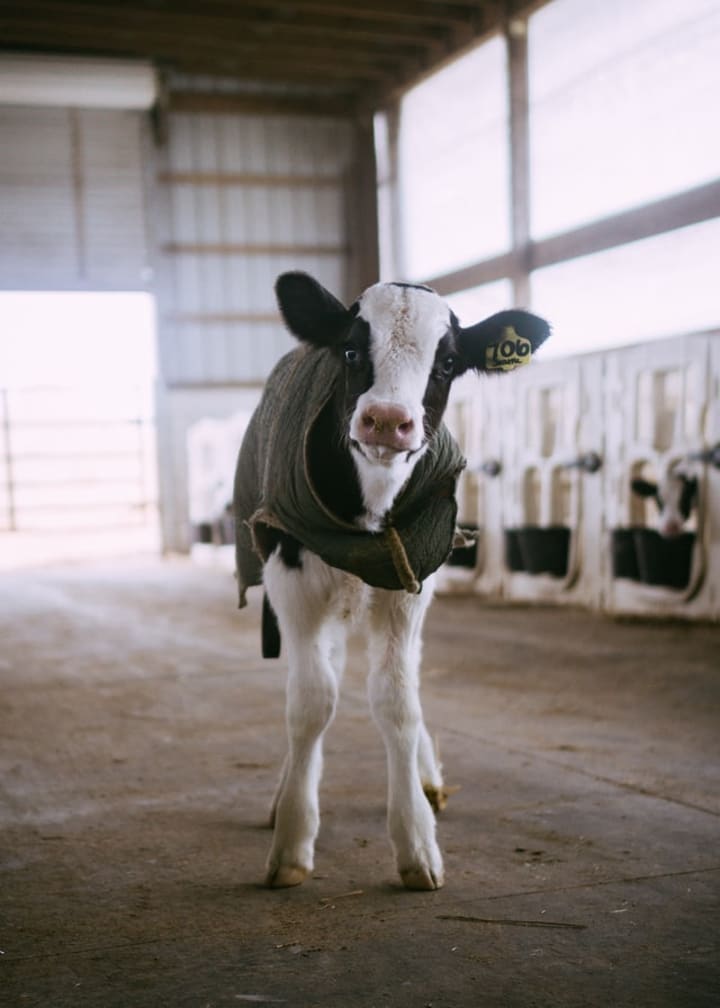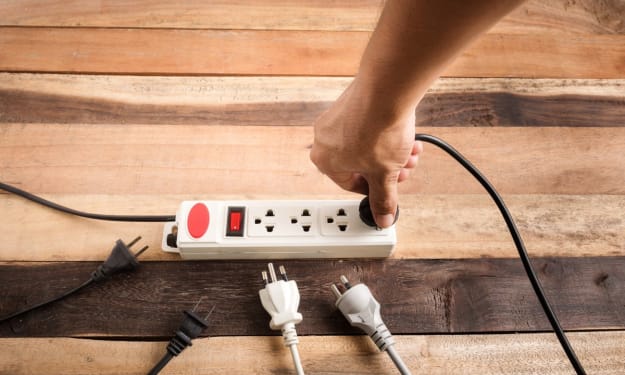Hug Your Mother
5 ways to do something for the earth

Whether you are motivated by climate change or just want to do the right thing, caring for our planet is a responsibility that each and every one of us must take seriously. Many of us want to make responsible choices but we don’t know how. I did some research and found five things you can do to make a difference. Even if you adopted one or two of these it would make a positive impact.

1. Stop using bottled water and switch to a reusable bottle
Individual use water bottles might be convenient but they come at a hefty price. Consider this:
80% of the water bottles U.S. consumers purchase end up in landfills
15 million tons of plastic are put into the ocean each year, by 2025 there will be one pound of plastic for every three pounds of fish.
Every minute worldwide there are one million plastic bottles sold.
The contents of bottled water are not as pure as we are led to believe. A recent study revealed that bottled water has microplastics contamination at a rate of 93% of all the bottles studied worldwide. This is twice as much as tap water according to the study. In general, tap water actually appears to be the healthier choice.
Try this: Switch to a reusable bottle, you can fill it with filtered water as many times as you need. Water filling stations are going up in more places. Take advantage of these to fill up when you are on the go.

2. Stop using your fireplace
Wood smoke contains toxic carbon monoxide, smog-causing nitrogen oxides, soot, fine particles, and a range of other chemicals and gases that can cause or worsen serious health problems and seriously pollute the planet.
People still have this attachment to cozy crackling fires, but the reality is they are massively unhealthy for people and the environment. A study in southern California showed that in winter when people are using fireplaces there is up to 10 tons of pollutants in the air daily.
California, Oregon, Washington and Colorado have asked residents to stop burning wood. This is a low-tech way to cut air emissions.
In the UK a study revealed that fireplaces and stoves are the largest sources of pollution, surpassing traffic and factories.
Try this: Consider using an LED fireplace, they display realistic flames and produce heat electrically. They can be used with the heater or without if you are going more for ambiance than actual warmth.

3. Switch from plastic straws to paper.
Plastic straws are one of the top 10 pollutants in the oceans. In the U.S. millions of straws are used each day and billions are used across the world annually.
Plastic straws are not biodegradable, and they are difficult to recycle.
In the ocean, plastic straws join other plastics creating plastic islands. The largest plastic island is named The Great Pacific Garbage Patch and measures 1.6 kilometers. This creates a multitude of problems for marine life disturbing the delicate ecosystem on which all life is dependent.
Try this: This is an easy one, simply swap out plastic straws for paper. Paper straws are compostable. When out, skip the straw if a restaurant doesn't offer paper. If you must use a plastic straw (like when driving and you need a lid with a straw) cut the straw, after you are done using it, into little pieces. It will still add to the plastic pollution but at least if an animal eats it, it is less of a choking hazard.

4. Eat less meat and eat more fruits and veg
Even going meatless one day per week can greatly help reduce your carbon footprint. Why? Cattle ranching is responsible for greenhouse gas emissions, deforestation, and water shortages. Not only that. meat-eating, particularly beef, is bad for your health contributing to high cholesterol, heart disease, colon polyps, and high blood pressure to name a few.
The meat industry is responsible for one-fifth of the world's greenhouse gas emissions, more than the transportation sector.
Try this: Give plant-based burgers a try, they generate 90% fewer greenhouse gases.
Eating fruits and vegetables that contain vitamins and nutrients your body needs is a smart move. Plants have a much lower environmental impact compared to meats, dairy, and processed foods.
While you are at it, consider switching from regular milk to almond, oat, or rice milk.

5. Use Reusable Tote Bags
If you live in a state that still allows plastic bags, invest in reusable tote bags. The cloth kind is the best so they can be washed every once in a while. We know plastics are ending up in the ocean, and are hard to recycle.
Try this: It’s an easy switch, most stores sell them right at the check stand. They even sell them for your favorite sports teams, bands, and charities.
About the Creator
Jocelyn Joy Thomas
Writer, spiritual teacher, and travel enthusiast. Enjoying the journey! Join my mailing list and receive a free guide on How to Meet Your Guides in Three Steps!
https://joysnewsletter.weebly.com/






Comments
There are no comments for this story
Be the first to respond and start the conversation.